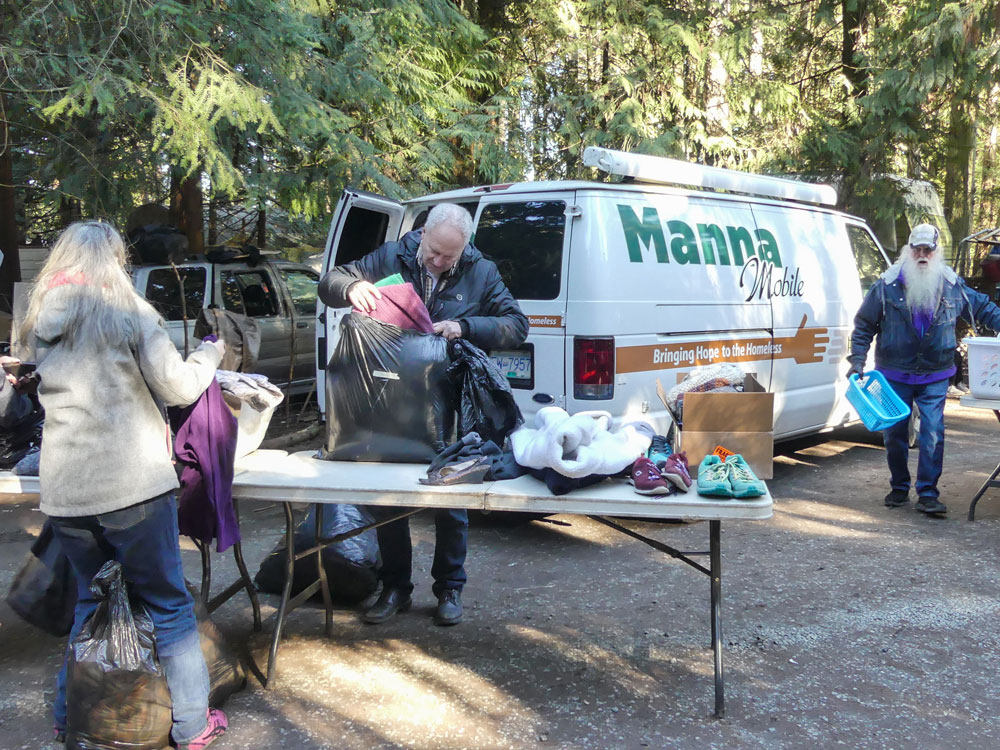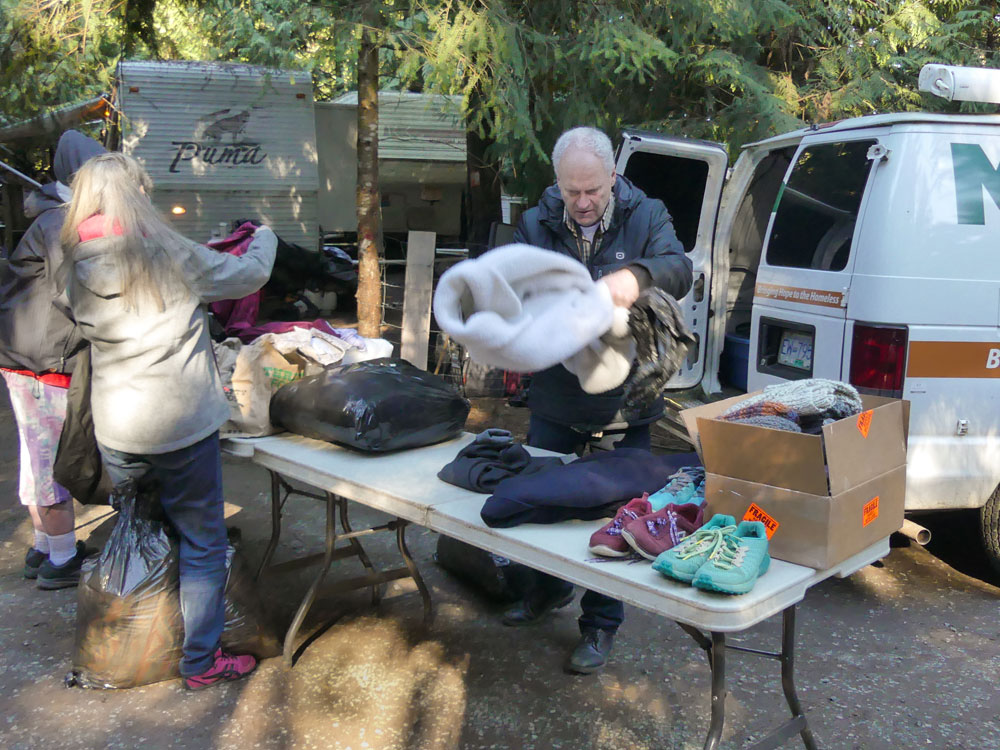 Poverty has a cost. The cost of poverty is witnessed physically, mentally, spiritually, materially, relationally, and environmentally. The web-site Homeless Hub [shorturl.at/kEKRU. April 4, 2022] outlines one in seven Canadians live in financial insecurity costing our health, social services, and policing services $72-84 Billion annually. The Homeless Hub also chronicles that one in five households pay more than 50% of earnings on housing. A growing number of Canadians are slipping below the poverty line, while an increasing number of seniors are facing the challenge to purchase food or medicine daily. Inflation is never a friend to those who live pay cheque to pay cheque.
Poverty has a cost. The cost of poverty is witnessed physically, mentally, spiritually, materially, relationally, and environmentally. The web-site Homeless Hub [shorturl.at/kEKRU. April 4, 2022] outlines one in seven Canadians live in financial insecurity costing our health, social services, and policing services $72-84 Billion annually. The Homeless Hub also chronicles that one in five households pay more than 50% of earnings on housing. A growing number of Canadians are slipping below the poverty line, while an increasing number of seniors are facing the challenge to purchase food or medicine daily. Inflation is never a friend to those who live pay cheque to pay cheque.

As summer is approaching, many BC communities worry about the arrival of “Shopping Cart People.” Some say, “It’s an eye-sore to see abandoned shopping carts piled with discarded junk and THOSE PEOPLE.” Physically they may be messy and mentally they are often handicapped or dealing with undiagnosed disabilities. These are the easily identified examples of community poverty and the solution is often to move them down the road to the next community. There is no easy solution.
But, the more difficult examples of poverty that pay a heavy price by our society are hidden. Examples include: the spiritual cost of depression and anxiety resulting in an increase of suicide and overdoses in all age groups, particularly Boomers; the breakdown of relationships resulting in an increase in single family and child poverty; the inner disillusionment that leads to disregard for dropping personal trash, cigarette butts, or food wrappers. We all suffer at times from the forces that enable poverty.
 The answer, I believe, is not the one presented by the Homeless Hub organization and their desire for greater government intervention with supports. Yes, it takes a willing government to implement policies in keeping with the values of its citizenry, but policies will never be fully implemented and money will always be misspent. So what is really necessary are individuals willing to pause long enough to know the name of the person ‘panhandling’ beside the road, to pick up the odd piece of trash from time to time, and to connect with someone you haven’t seen for a while.
The answer, I believe, is not the one presented by the Homeless Hub organization and their desire for greater government intervention with supports. Yes, it takes a willing government to implement policies in keeping with the values of its citizenry, but policies will never be fully implemented and money will always be misspent. So what is really necessary are individuals willing to pause long enough to know the name of the person ‘panhandling’ beside the road, to pick up the odd piece of trash from time to time, and to connect with someone you haven’t seen for a while.
For Manna, we believe our friends are important, so we seek to demonstrate the traits of value, honour, compassion, acceptance, and worth through the practice of listening to someone’s story, never judging or blaming, offering access to the resources Manna has to those we know about in our community, and asking a simple question, “How are you?” – And actually meaning it.

I’m not trying to be “preachy.” We don’t need more platitudes in our life. We also can’t wait for the government to “fix it.” I’m convinced solutions begin when I think, “How can I better understand what is going on here and how to best listen to learn?”
